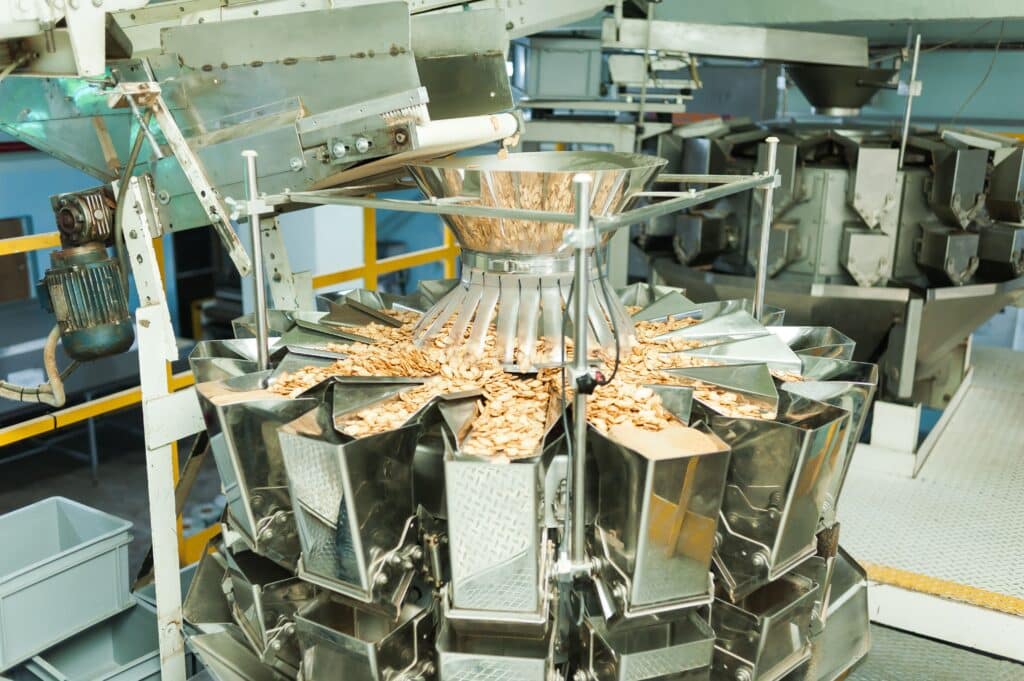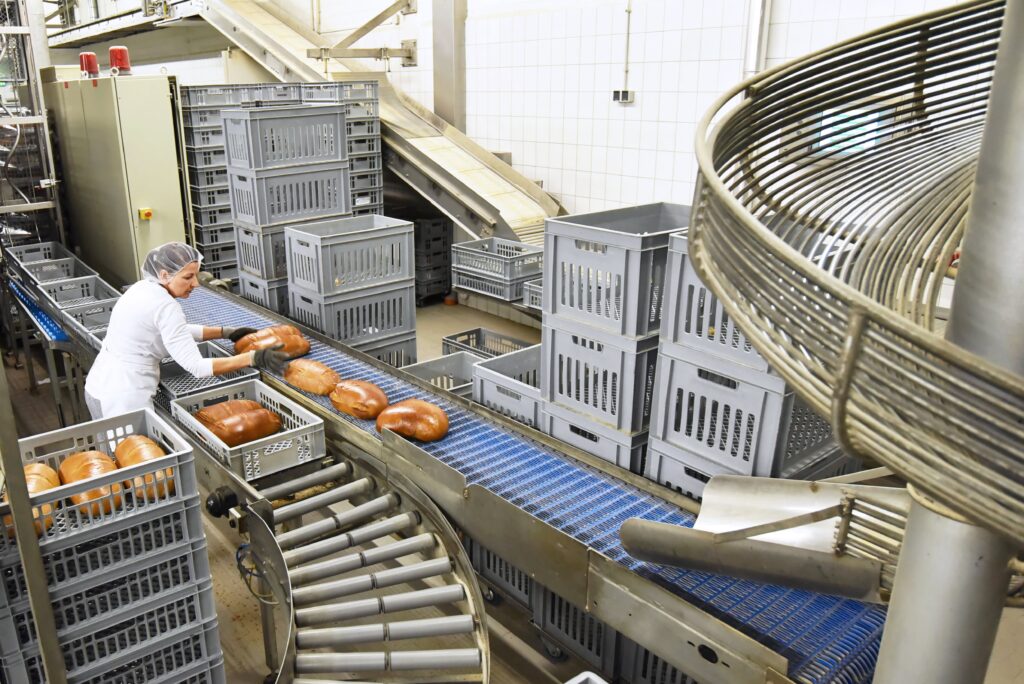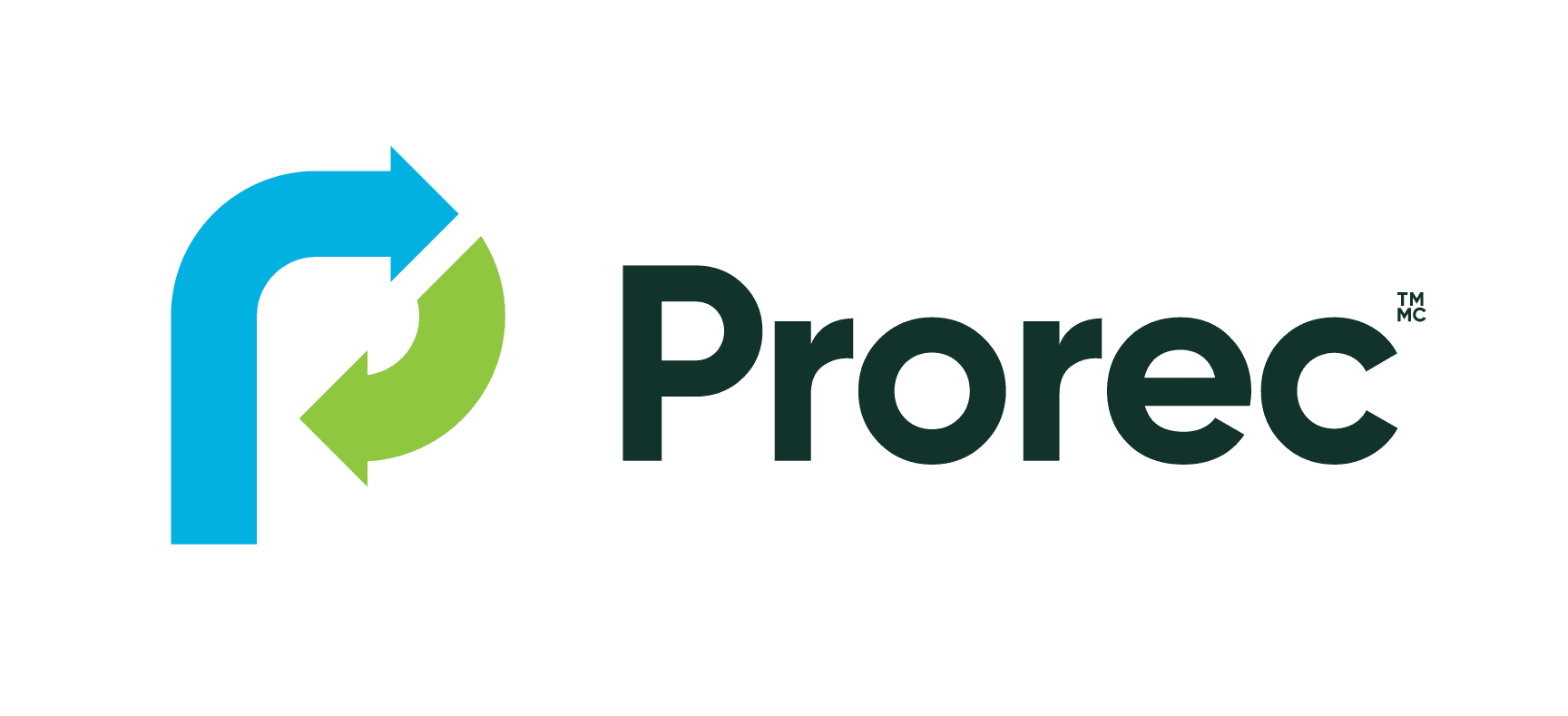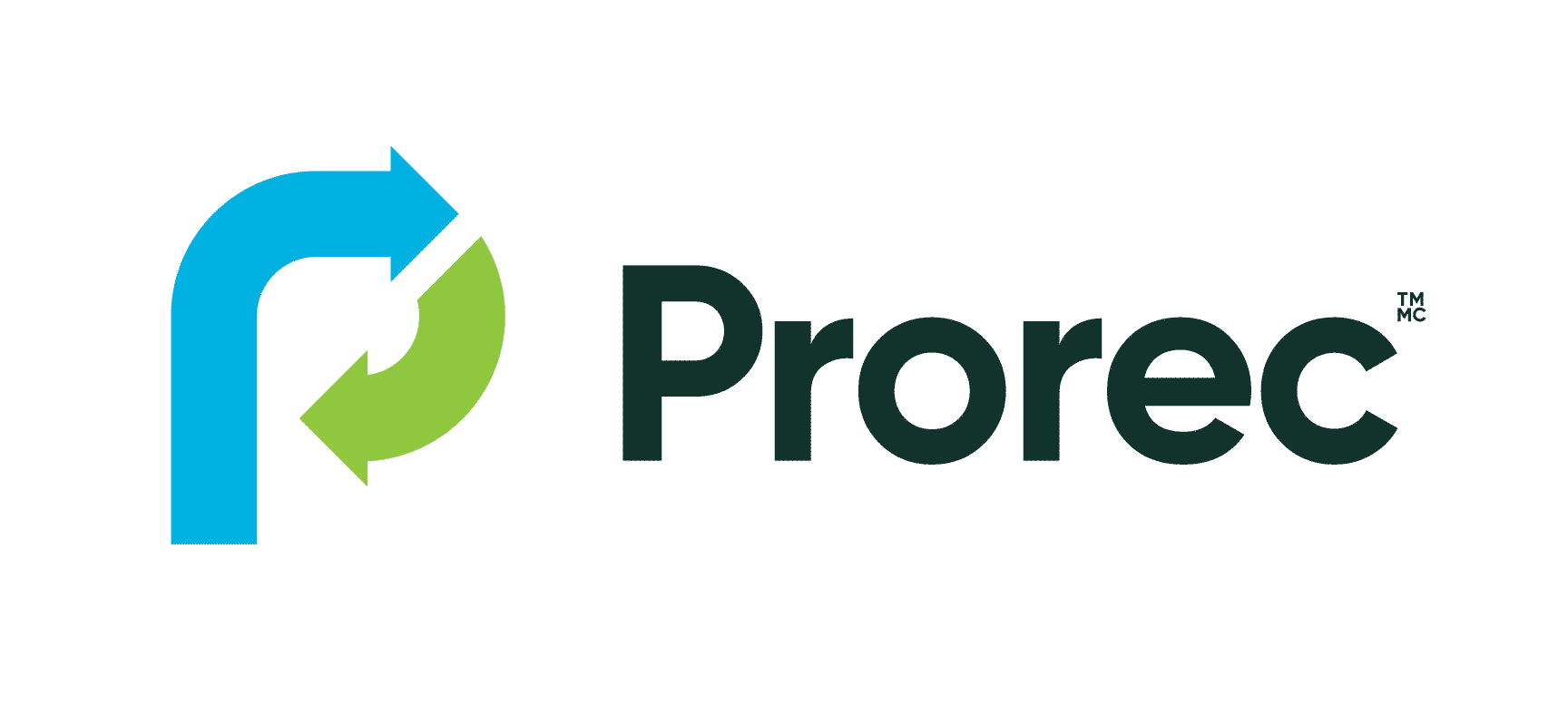
In a world where sustainability and resource management have become increasingly vital, the concept of a circular economy of food has emerged as a beacon of hope. Unlike a linear economy, this innovative approach to food seeks to eliminate waste, reduce environmental impact, and promote economic growth through a more holistic and responsible agricultural production and consumption cycle.
Challenges of traditional food waste management
Traditional food waste management follows a linear model, accumulating excess waste in landfills and depleting valuable resources. This problem is compounded by insufficient infrastructure and limited awareness.
Additionally, consumer behavior and inefficiencies within the food supply chain contribute significantly to food loss. Transitioning to a circular food economy requires addressing these challenges, as they are crucial in our quest for sustainability.
From minimizing food waste generation to implementing innovative solutions for repurposing excess food, the involvement of a waste recovery company is vital for promoting sustainable practices and increasing awareness of this pressing issue.
3 benefits of adopting a circular food economy
A circular economy of food model is not just a pragmatic choice. It is also a reflection of our commitment to a more sustainable and conscientious way of living.
A positive impact on businesses
From producers to retailers, businesses can tap into high-growth areas such as biomaterials and plant-based products through the circular economy of food model. Embracing these sustainable practices opens doors to new business opportunities, saves money, and enhances brand reputation. As the circular economy model gains momentum, these businesses can expect financial gains while contributing to a more eco-friendly world.
Benefits for the communities
A circular food economy strengthens food security and community resilience by keeping smallholder farms in business in the face of mass industrialization. Such urban-rural collaborations enhance community resilience through local food production and green job creation, particularly in developing regions with high food insecurity.
A breath of fresh air for the environment
Perhaps the most crucial benefit of a circular economy of food approach is its positive impact on the environment. By reducing food waste and incorporating food repurposing, recycling or other practices that prevent ending up in landfills, the food industry’s carbon footprint and greenhouse emissions can be significantly reduced. This not only helps stabilize our climate but also conserves our valuable natural resources like water and energy.

Discover how Prorec innovatively design the perfect food waste into valuable products
Prorec is rethinking the way we handle food waste from companies in the agri-food sector. Our tailored approach begins with a thorough waste management analysis, enabling us to handpick the perfect equipment for your needs.
By seamlessly integrating our food recovery solutions into your operations, we optimize production and boost your environmental standing. For over 25 years, Prorec has been the partner of choice in pursuing sustainable development opportunities and contributing to a brighter future through circular practices.
A contribution to a sustainable future
The Prorec team is dedicated to leaving a positive impact. Through advanced technologies and expertise in collection and repurpose, we help turn organic waste into profits, aligning your operations with the circular model. Every day, we give a second life to thousands of metric tons of food that would otherwise be sent to landfills by creating animal feed products.



